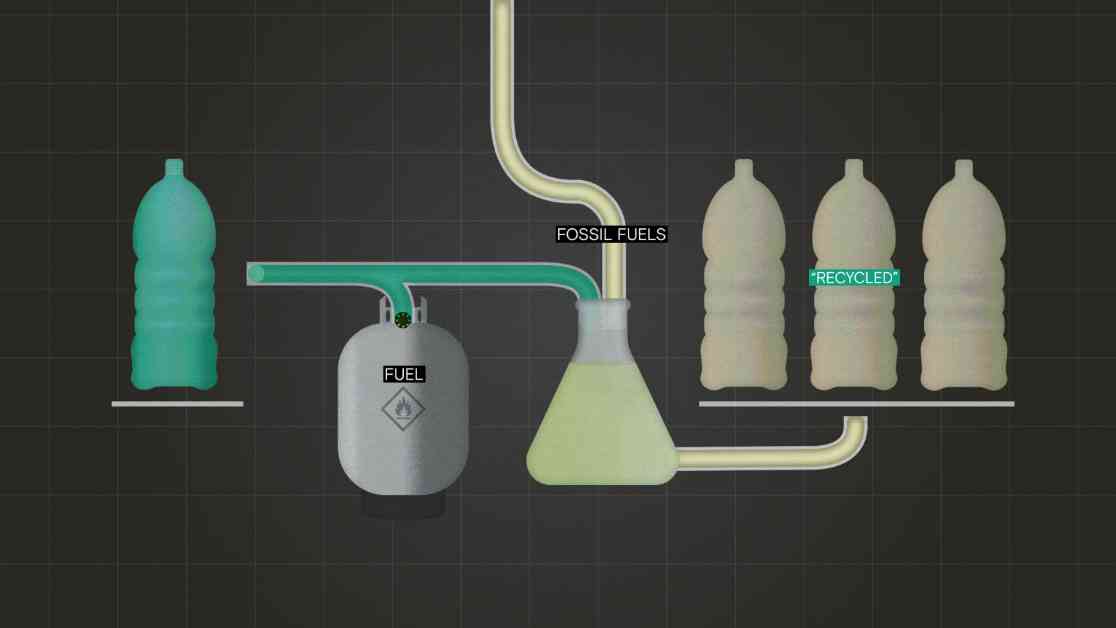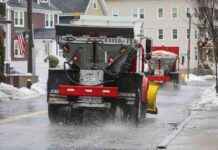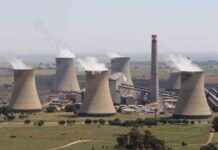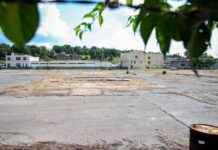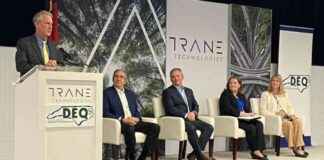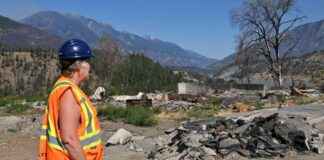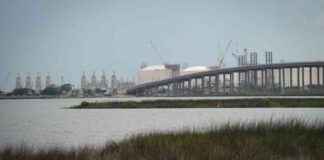Alrighty, folks, so picture this: You’re filling up 100 bags of coffee, right? And you’re using beans from a few different providers. Now, here’s the kicker – 10 percent of the beans they sent you are decaffeinated, while the rest are caffeinated. But wait for it, you mix them all together, so each bag ends up being an even blend of 10 percent decaf and 90 percent caffeinated coffee beans.
Now, in a perfect world, decaf coffee is all the rage, and people are willing to fork out some serious dough for bags of 100 percent decaf coffee. So, instead of being upfront and labeling each bag as a 10/90 blend of decaf/caffeinated coffee, you decide to slyly label 90 bags as regular, fully caffeinated coffee beans, and the remaining 10 as “100 percent decaf.” Cha-ching! You can now charge a premium for those “decaf” bags.
Seems a bit shady, right? Well, hold onto your hats because plastic companies are pulling an even more elaborate version of this stunt. They’re using a technique called “mass balance” to make it seem like their products have more recycled content than they actually do. It’s like labeling a bag of coffee as 100 percent decaf when it’s really just a sneaky mix.
So, last September, Mondelez, the big cheese behind snack food brands like Chips Ahoy and Oreo, announced that they would be using this mass balance trick for their North American Triscuit packaging. They claimed that up to 50 percent of the plastic in the cracker boxes’ inner bags would be “sourced from advanced recycling technology.” Sounds fancy, right? But independent watchdogs and the California attorney general’s office are calling foul on this move, deeming it a “false and misleading marketing scheme.”
Not really sure why this matters, but Mondelez hasn’t labeled its Triscuit packaging with these recycled content claims. They claim it’s all part of their grand plan to achieve 5 percent recycled plastic content by 2025 and to make consumers feel all warm and fuzzy about their eco-friendly efforts. But is it all smoke and mirrors?
The plot thickens when you dig into this “advanced recycling” malarkey. Essentially, it involves using high heat and pressure to convert plastics into their chemical building blocks. One common method called pyrolysis produces an oil that can be refined into plastic goods. But here’s the kicker – turning this oil into new plastic is no walk in the park. It has to be diluted with virgin fossil fuels, making the end product contain way more virgin plastic than recycled content.
Maybe it’s just me, but this whole thing sounds like a house of cards waiting to collapse. The industry is trying to make a silk purse out of a sow’s ear by claiming their products are more environmentally friendly than they really are. It’s like saying you’re serving up a gourmet meal when you’re really just reheating leftovers.
But hey, who am I to judge? If these companies want to play fast and loose with the truth, that’s their prerogative. However, it looks like the gig might be up for Mondelez, with a shareholder resolution breathing down their necks demanding proof of their recycled content claims. Will they come clean, or will they keep dancing around the truth like a cat on a hot tin roof? Only time will tell.

